
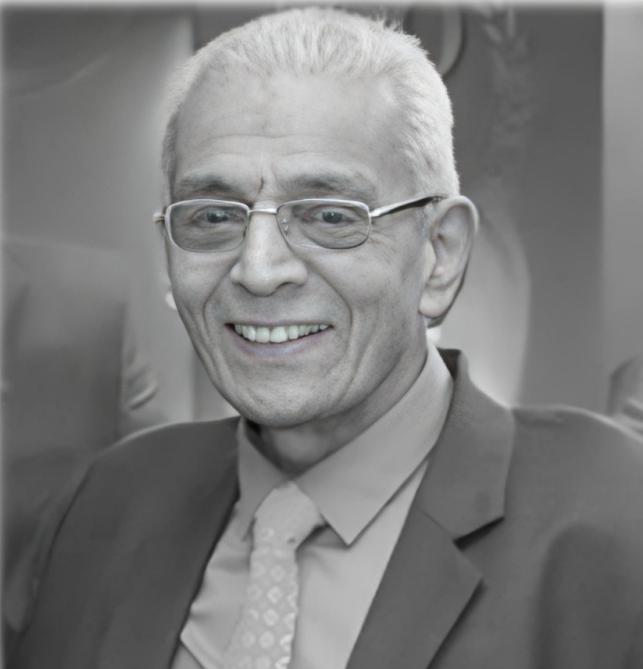
The Dr. A.S. Kanagasabapathy Oration
Dr. A.S. Kanagasabapathy was a distinguished scientist in clinical biochemistry, renowned for his extensive contributions to laboratory quality control in India. His professional journey began at Christian Medical College (CMC), Vellore, in 1966, where he rose to the position of Professor and Head of the Clinical Biochemistry Department in 1975, a role he fulfilled with distinction until his retirement in 2000.
Dr. Kanagasabapathy is often hailed as the "father of quality control in India" due to his pioneering efforts in establishing a national-level External Quality Assurance Scheme (EQAS). Initiated in 1978 with 58 participating laboratories, this program has experienced substantial growth, now encompassing over 6,000 laboratories across various programs.
He has collaborated extensively with the World Health Organization (WHO) on various laboratory quality control initiatives and authored several WHO documents, including the "Guidelines on Standard Operating Procedures for Clinical Chemistry."
In 1997, Dr. Kanagasabapathy chaired the Technical Committee of the National Accreditation Board for Testing and Calibration Laboratories (NABL), where he played a key role in formulating specific guidelines for the accreditation of medical laboratories.
Dr. Kanagasabapathy’s enduring legacy in clinical biochemistry and laboratory quality assurance continues to inspire and set benchmarks in the healthcare sector, both nationally and internationally.

Awardee of the Dr. A.S. Kanagasabapathy Oration : Dr V Mohan
The Madras Diabetes Research Foundation and Dr. Mohan’s Diabetes Specialties Centre, led by Dr. V. Mohan, stand as one of India’s premier medical research institutions, pioneering advancements in diabetes care and research. Dr. Mohan’s diagnostic criteria for Fibrocalcific Pancreatic Diabetes (FCPD) are widely referenced in the medical community. His contributions, such as the Indian Diabetes Risk Score and the Atlas of Indian Foods, are highly regarded and widely utilized. The ICMR-INDIAB study, with the Madras Diabetes Research Foundation serving as the national coordinating centre, stands as one of the largest epidemiological studies on diabetes worldwide. He has trained several healthcare professionals, including diabetologists, physicians, dieticians, diabetes educators, nurses, and laboratory technicians. Dr. Mohan’s contributions have been widely recognized with over 230 awards, including the Dr. Harold Rifkin Award and the Dr. Kelly West Award from the American Diabetes Association, as well as a Fellowship of the Royal Society of Edinburgh (FRS). For his outstanding work in the field of diabetes, he was honoured with the Padma Shri, India’s fourth-highest civilian award, in 2012.
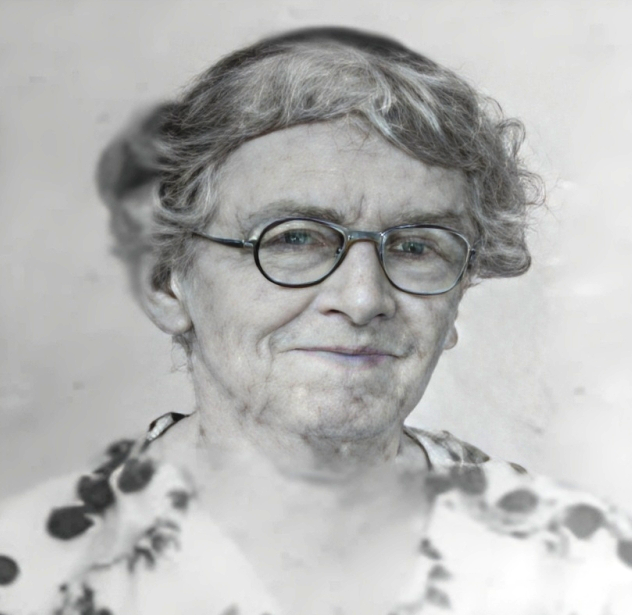
The Ms. Delia M. Houghton Oration
Ms. Delia M. Houghton was a pioneer in the establishment and development of nursing education at Christian Medical College (CMC), Vellore. Joining Dr. Ida Sophia Scudder in 1909, she became the institution’s first registered nurse and Nursing Superintendent, playing a pivotal role in initiating formal nursing training programs in India.
Under Ms. Houghton’s leadership, the nursing school at CMC was established in 1909, with the first batch of 15 students. This program evolved over time, becoming a structured Diploma Nursing program in 1932, and later offering India’s first Bachelor of Science in Nursing degree in 1946.
Ms. Delia M. Houghton dedicated her life to advancing healthcare delivery and nurturing a culture of excellence in patient care, compassion at work. Her commitment to integrating nursing education with practical clinical experience set a precedent for future nursing programs across the country.
Along with Ida Scudder, she visited schools throughout South India, persuading girls and their parents to consider nursing as a respectable and rewarding career. Their efforts significantly contributed to the upliftment of women in Indian society and the enhancement of healthcare services.

Awardee of the Ms. Delia M. Houghton Oration : Dr Nikhil Tandon
Dr. Tandon, an esteemed alumnus of the All India Institute of Medical Sciences and the first Indian clinician to earn a PhD from the University of Cambridge, UK, has seamlessly integrated clinical expertise with groundbreaking research. His remarkable contributions include pioneering population-based epidemiological studies, randomized controlled trials on clinic- and system-based interventions, and research on genetic predispositions to diabetes. The “task-sharing with electronic decision support” model developed through his collaborative group has been incorporated into the operational guidelines of India’s National Programme for Non-Communicable Diseases.Dr. Tandon’s contributions extend to numerous national and international advisory roles, including: Chair of the WHO Technical Advisory Group on Diabetes (TAG-D),Member of WHO Guideline Development Groups on “Definition, Diagnosis and Classification of Diabetes Mellitus” and “Management of Diabetes in Pregnancy”, National Programme for Non-Communicable Disease, Scientific Advisory Board of the ICMR, Apex Committee of the DBT, and Governing Council of NBEMS.
Dr. Tandon has served as President of the Endocrine Society of India and the Indian Society of Bone and Mineral Research. Among his numerous accolades, Dr. Tandon has been honoured with the BC Roy Award for Eminent Medical Teacher by the Medical Council of India and the Padma Shri, India’s fourth-highest civilian award.
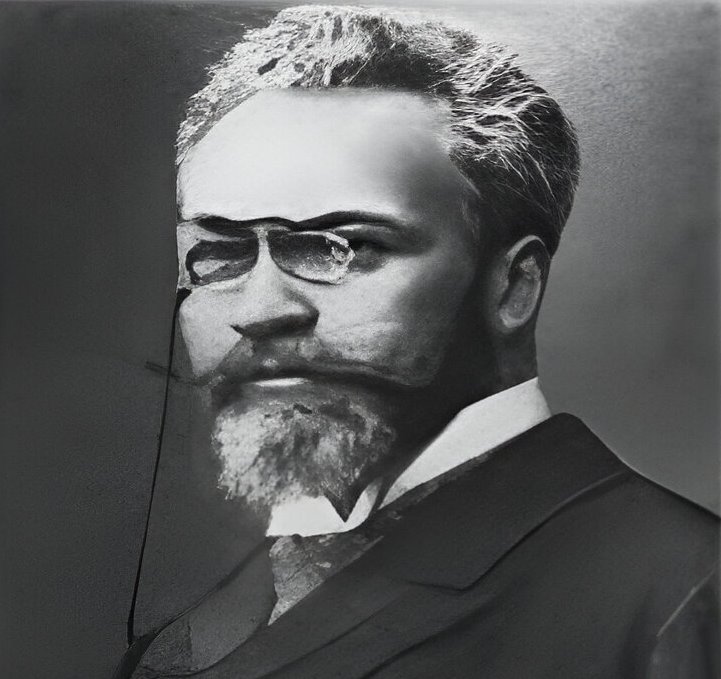
The Oskar Minkowski Oration
Oskar Minkowski was a German doctor and scientist, best known for discovering the link between the pancreas and diabetes. After earning his medical degree in 1881, he worked closely with Professor Bernhard Naunyn, focusing on internal medicine and experimental pathology.
In 1889, Minkowski and Joseph von Mering performed experiments involving the removal of the pancreas from dogs and observed that the animals subsequently developed diabetes. This pivotal discovery established the pancreas as a critical organ in blood sugar regulation and provided key insights into the link between diabetes and pancreatic function.
In recognition of his contributions, the European Association for the Study of Diabetes established the Minkowski Prize, awarded annually to outstanding researchers in the field of diabetes.
Throughout his career, Minkowski held professorships at several universities, including the University of Breslau. His pioneering research continues to influence the understanding and treatment of diabetes today.

Awardee of the Oskar Minkowski Oration ; Dr Kaushik Ramaiya
Dr. Kaushik Ramaiya serves as Member of the Board of the World Diabetes Foundation and Honorary General Secretary of the Tanzania Diabetes Association (TDA), Tanzania NCD Alliance (TANCDA), and East African Diabetes Study Group (EADSG). Dr. Ramaiya has held significant global leadership positions, including Chair of the Sub-Saharan Africa Region of the International Diabetes Federation (IDF) (2000–2006) and Vice-President (Global) of IDF (2007–2012). Recognized for his global impact, Dr. Ramaiya was appointed Honorary Professor of Medicine & Global Health at the Liverpool School of Tropical Medicine (2018) and the University College London Institute for Global Health (2023). Dr. Ramaiya has been instrumental in addressing Type 1 diabetes in children, gestational diabetes, metabolic syndrome, and the cardiovascular complications of antiretroviral drugs in HIV/AIDS. His collaborative work with NIMRI (Muhimbili) and University College London on CD-NCD integration and the META Trial for metformin intervention in HIV patients with IGT is pioneering. Dr. Ramaiya has actively partnered with Tanzania’s Ministry of Health and the President’s Office Regional & Local Government to implement Diabetes/NCD programs in hospitals and health centers nationwide.
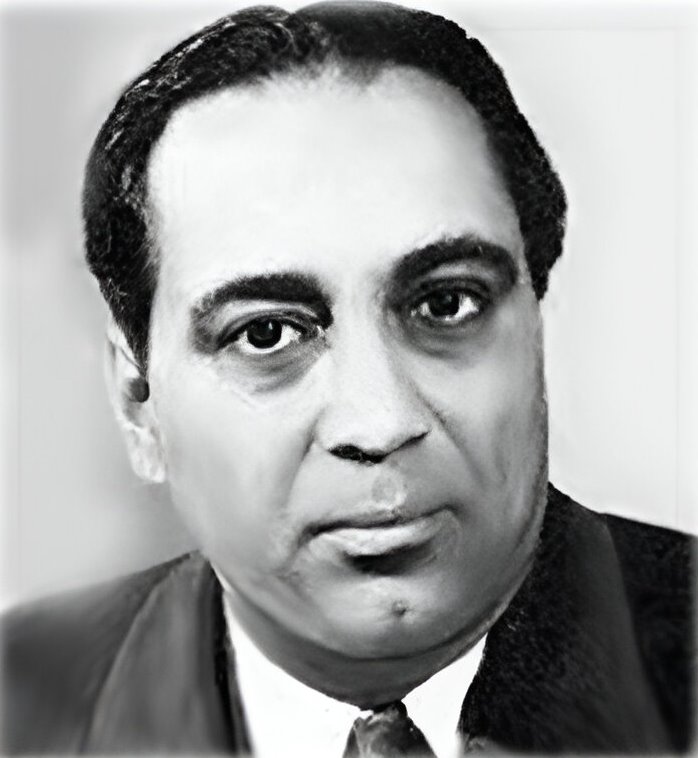
The Homi Jehangir Bhabha Oration
Dr. Homi Jehangir Bhabha is best known as the "Father of the Indian Nuclear Program." During his time at Cambridge, Bhabha conducted significant research on cosmic rays and quantum theory. His work on electron-positron scattering, later known as “Bhabha scattering,” provided valuable insights into particle interactions.
Recognizing the need for a dedicated research institution in fundamental sciences, he founded the Tata Institute of Fundamental Research (TIFR) in Mumbai in 1945, with support from the Tata Trust. He believed in harnessing the power of nuclear energy for the betterment of human health.
Under his leadership, India’s atomic energy program became a catalyst for the development of nuclear medicine. This field, which leverages radioactive isotopes for both diagnosis and treatment, owes much to Bhabha’s foresight and commitment to interdisciplinary collaboration.
One of his most notable contributions to medicine is the introduction and development of medical isotopes in India. Their applications in nuclear imaging, such as Positron Emission Tomography (PET) and Single Photon Emission Computed Tomography (SPECT), have revolutionized imaging modalities.
The establishment of premier research institutions such as the Tata Institute of Fundamental Research (TIFR) and the Bhabha Atomic Research Centre (BARC) under his guidance was pivotal in advancing medical science. BARC, in particular, played a crucial role in producing medical isotopes on a scale that made them accessible across India.

Awardee of the Homi Jehangir Bhabha Oration : Dr Meredith Hawkins
As Professor of Medicine and Associate Director of the Einstein-Mt. Sinai Regional Diabetes Research Center, and holder of the Harold and Muriel Block Chair in Medicine, Dr. Hawkins has demonstrated unparalleled commitment to improving diabetes care worldwide. Inspired by extensive experience managing diabetes in resource-limited settings since 1996, she established the Global Diabetes Institute in 2012. Dr. Hawkins’ expertise was further recognized through her service on the Congressionally-appointed National Clinical Care Commission, tasked with optimizing diabetes care in the United States. She also serves as a Clinical Subgroup Academic Investigator for the NIDDK Working Group of Council, addressing the heterogeneity of diabetes. Dr. Hawkins’ innovative research, particularly her insulin clamp studies, has led to groundbreaking insights into the metabolic profile of atypical diabetes. Her influential work on low BMI diabetes in lower socioeconomic populations is regarded as a cornerstone in understanding this underexplored phenotype. Her research has been consistently supported since 1999 by the National Institutes of Health, along with funding from the American Diabetes Association, the Juvenile Diabetes Foundation International, and the Diabetes Action Foundation International. In addition to her distinguished academic achievements, Dr. Hawkins is an extraordinary mentor who has shaped the careers of over 100 MD students, residents, endocrinology fellows, and junior faculty members at Einstein Diabetes Research Centre and globally.
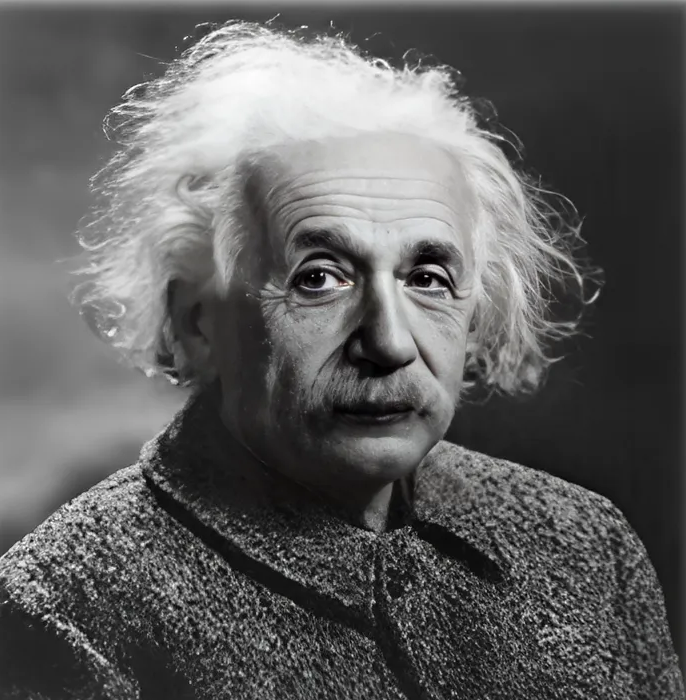
The Albert Einstein Oration
Albert Einstein was a German-born theoretical physicist who revolutionized our understanding of space, time, and energy. In 1905, he published four groundbreaking papers, collectively known as the “Annus Mirabilis Papers,” which introduced the special theory of relativity and the famous equation E=mc², establishing the equivalence of mass and energy. This discovery laid the theoretical groundwork for nuclear energy, which in turn revolutionized nuclear medicine. Without Einstein’s groundbreaking work, these life-saving innovations might never have been realized.
In 1915, Einstein presented the general theory of relativity, which extended his earlier work to include gravity. His work on the photoelectric effect, which earned him the Nobel Prize in Physics in 1921, was instrumental in shaping the field of quantum mechanics. This understanding became the cornerstone for the development of imaging technologies that have revolutionized modern medicine.
Another key contribution was Einstein’s theory of stimulated emission, which became the basis for the development of lasers. His insights into molecular behavior have enhanced our understanding of cellular processes, from protein folding to enzyme interactions, and even drug development.
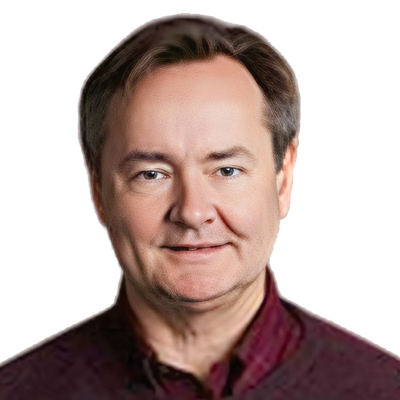
Awardee of the Albert Einstein Oration :Allan Arthur Vaag
A board-certified specialist in endocrinology and internal medicine, Professor Vaag serves as Professor of Endocrinology at Lund University, Sweden, while maintaining a long-standing affiliation with Steno Diabetes Center Copenhagen, Denmark, where much of his groundbreaking work has been carried out.Professor Vaag’s distinguished academic milestones include the defense of his PhD thesis in 1993 on the role of the glucose-fatty acid cycle in humans, followed by his Doctor of Medical Science degree in 1999, where he expanded understanding of pathophysiology of type 2 diabetes mellitus. Professor Vaag has provided compelling evidence that an adverse intrauterine environment not only increases the risk of type 2 diabetes mellitus but also contributes to a more severe disease course, characterized by earlier diagnosis, less obesity, higher rates of hypertension, and an elevated risk of cardiovascular and renal complications. Professor Vaag’s contributions hold profound implications for improving prediction and prevention of complications in T2D through precision medicine
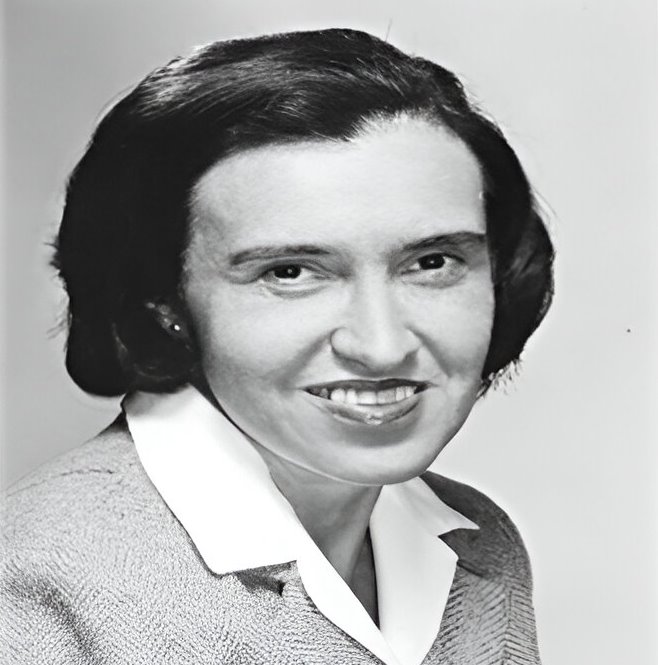
The Rosalyn Sussman Yalow Oration
Rosalyn Sussman Yalow was a pioneering American medical physicist whose development of the radioimmunoassay (RIA) technique revolutionized endocrinology and medical diagnostics. Despite the gender biases of her time, Yalow secured a teaching assistantship at the University of Illinois at Urbana-Champaign, where she was the sole woman among 400 faculty members in the College of Engineering. She collaborated with physician Solomon A. Berson to explore medical applications of radioactive substances. Their partnership led to the development of RIA, a highly sensitive technique capable of measuring minute concentrations of hormones, vitamins, and enzymes in the blood. Notably, Yalow and Berson chose not to patent the method, facilitating its widespread adoption and benefiting countless patients worldwide.
Yalow’s contributions earned her numerous accolades, including the Nobel Prize in Physiology or Medicine in 1977, making her the second woman to receive this honor in the field. Beyond her scientific achievements, Yalow was a dedicated mentor, inspiring future generations of researchers.
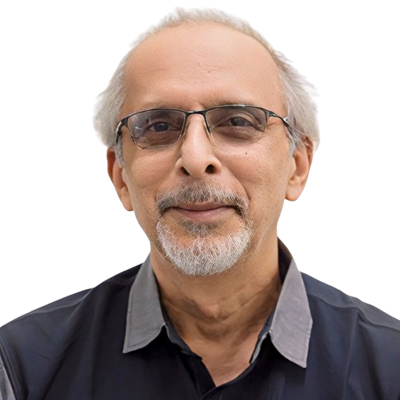
Awardee of the Rosalyn Sussman Yalow : Chittaranjan Yagnik
Prof. Chittaranjan Yajnik, a renowned diabetologist from Pune, India, has played a pivotal role in advancing diabetes care and research in India. His landmark Pune Maternal Nutrition Study unveiled the “thin-fat Indian ” phenotype. Collaborating with Prof. David Barker, he expanded the concept the thin-fat phenotype is programmed in utero and related to maternal-fetal undernutrition of proteins and micronutrients. Building on these insights, Prof. Yajnik led The PRIYA Trial, a pioneering adolescent intervention aimed at improving maternal nutrition to mitigate the risks of diabesity and enhance offspring neurocognition. He has been instrumental in advising and collaborating on international studies, including the EFSOCH and PRIDE studies in the UK, STORK2 in Norway, and various projects in the USA, Australia, and Bangladesh. With over 300 scientific publications, he has received numerous accolades, including the Hellmut Mehnert Award (2009) from the International Diabetes Federation, the David Barker Medal (2011), and the March of Dimes Award (2019). As a founding member of the International DOHaD Society and President of Indian SNEHA, Prof. Yajnik has influenced policy and research worldwide. He serves on prestigious advisory boards, including ICMR, DBT, WHO, and FIGO, and is a sought-after author for leading journals such as The Lancet, Diabetologia, and BMJ.





